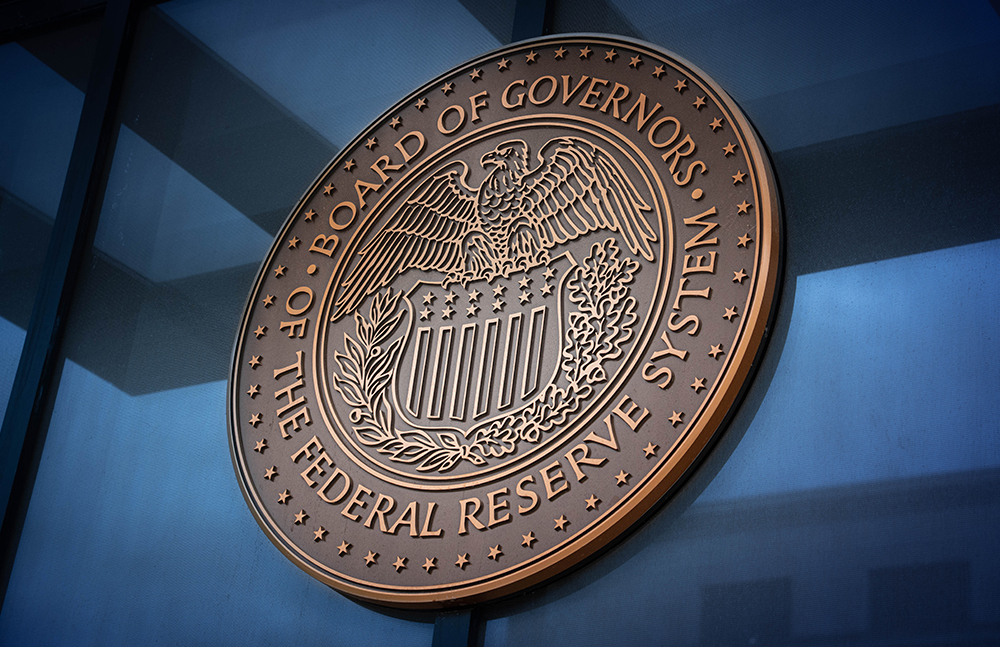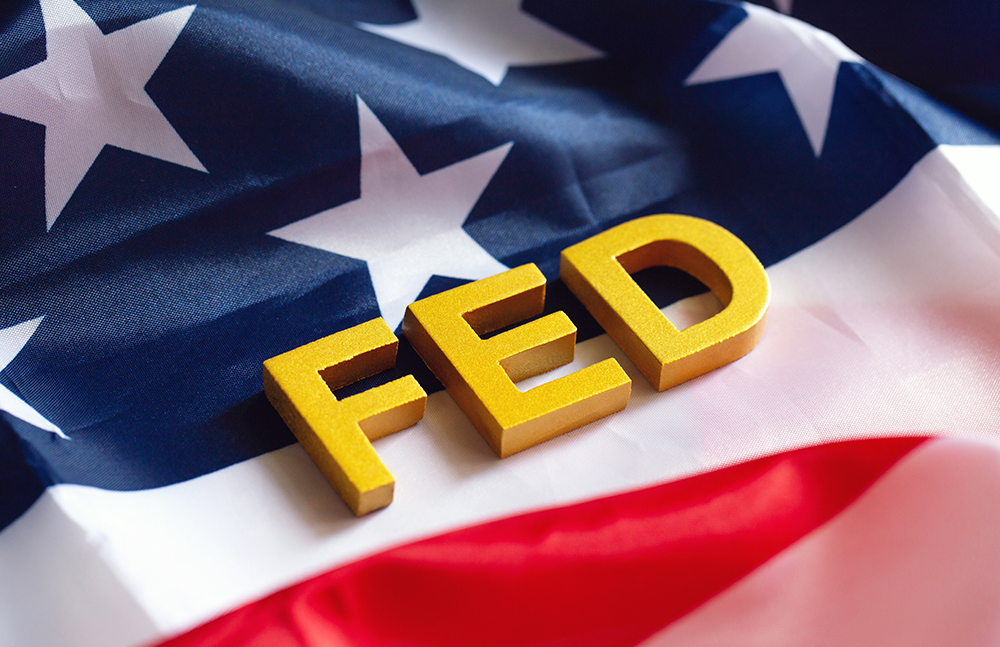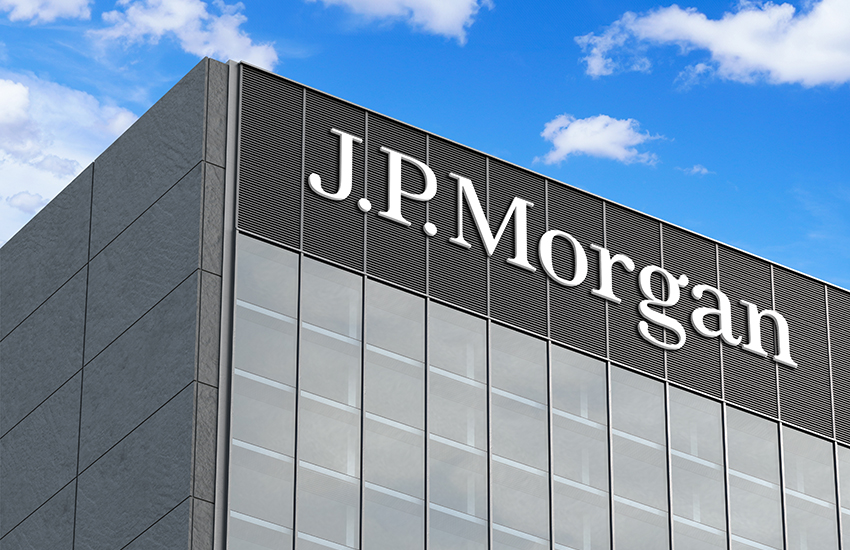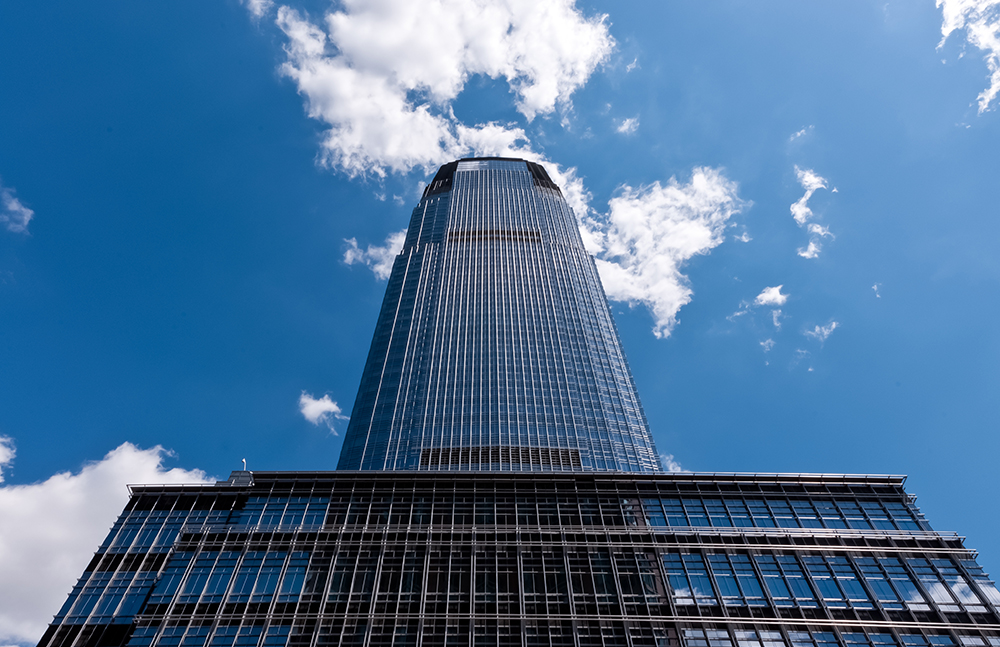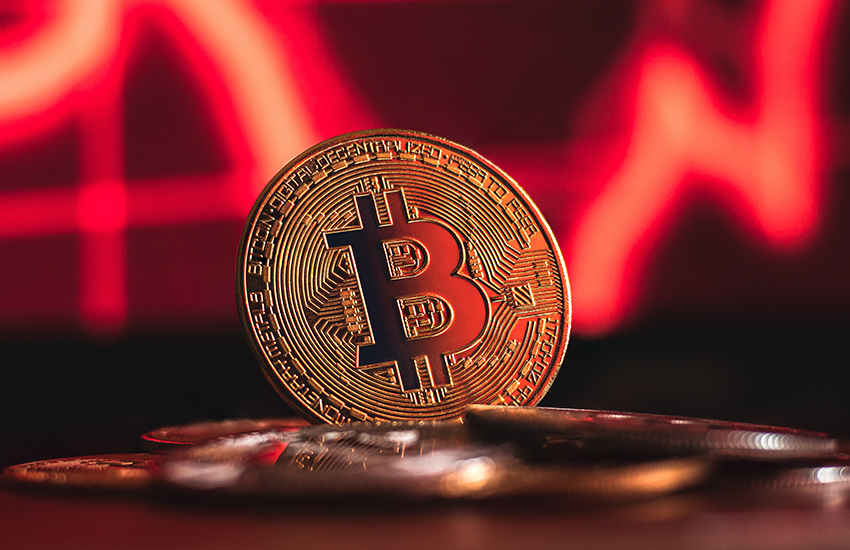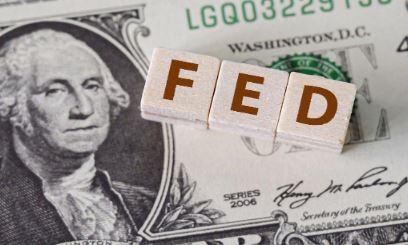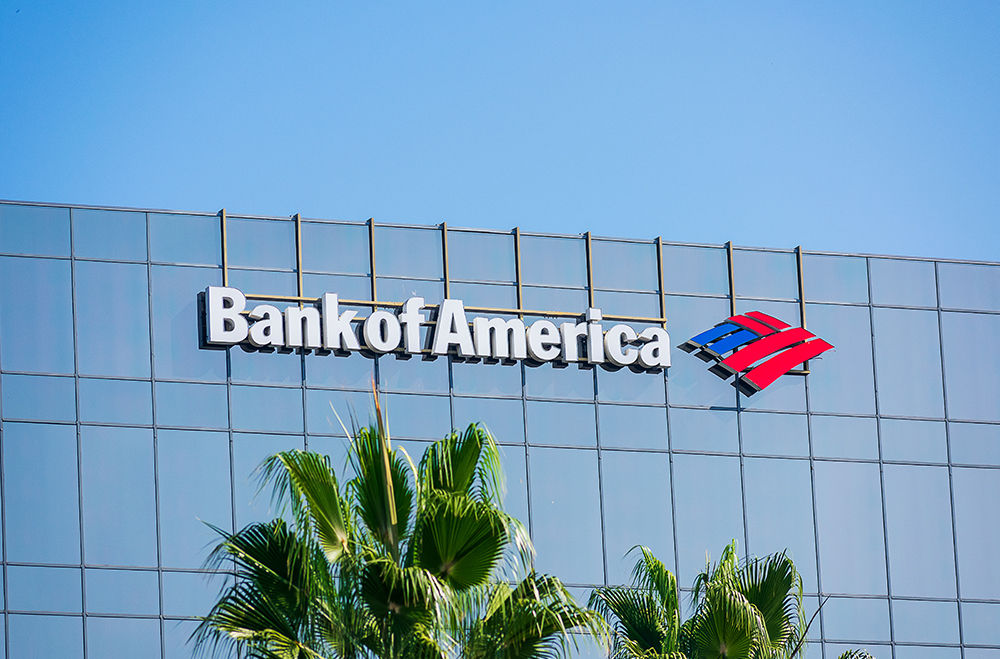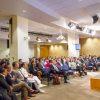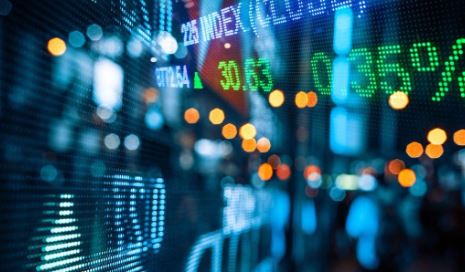
A new CNBC Delivering Alpha investor survey has shown that Wall Street investors believe the stock market is headed for losses after a positive first quarter, seeing cash as the best safe haven right now. They polled about 400 chief investment officers, equity strategists, portfolio managers, and CNBC contributors who manage money about their outlook for the second quarter and beyond. The survey was conducted over the past week. Nearly 70% of respondents said the S&P 500 could see declines ahead. Thirty-five percent of investors believe the biggest risk to the market this year is a Federal Reserve misstep, while another 32% said persistent inflation poses the most pressing threat.
Despite a banking crisis and continuous Fed tightening, the market has been particularly resilient. The S&P 500 is on track to post a winning quarter, up more than 5%, after equities staged a big comeback with the government’s emergency rescue measures that helped stem the chaos in the banking industry. “Economic concerns enveloping recession fears haven’t vanished as the yield curve still represents a counter to the market’s climb higher,” said Quincy Krosby, chief global strategist at LPL Financial. “But if the market can continue to edge higher in spite of a wall of worry that seems to climb higher with each new headline, it begs the question who’s right, and which side is more prescient.”

